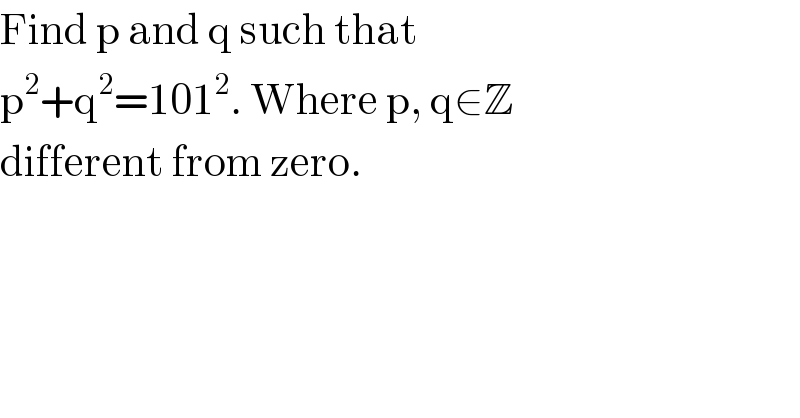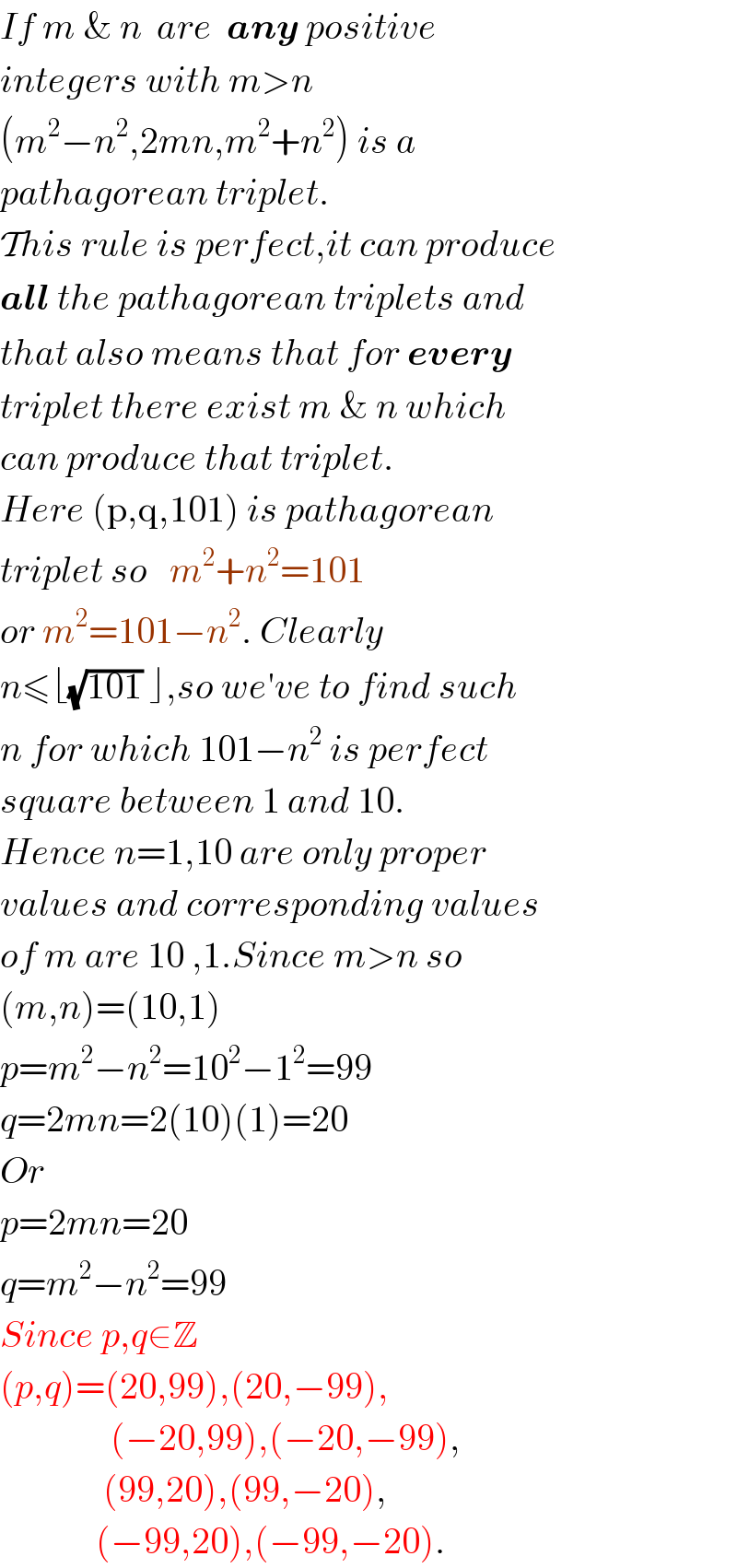Question Number 113689 by Ar Brandon last updated on 14/Sep/20

Commented by Rasheed.Sindhi last updated on 14/Sep/20

Answered by nimnim last updated on 14/Sep/20

Answered by Rasheed.Sindhi last updated on 15/Sep/20

Answered by 1549442205PVT last updated on 16/Sep/20

